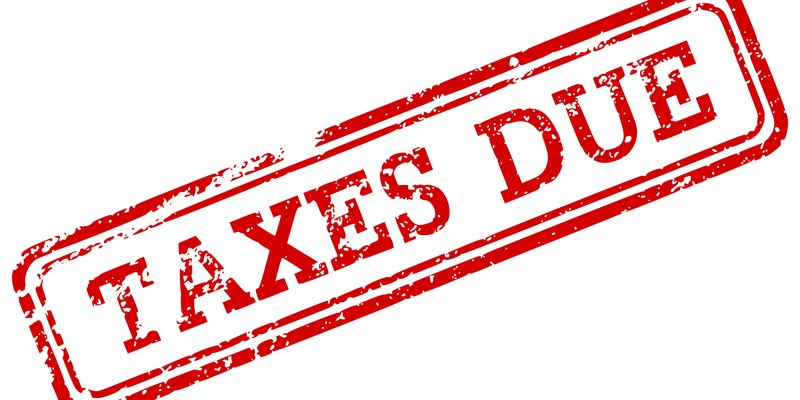Do You Owe Back Taxes? Tackle Them Head On – Today
-
TaxWealth
-
Mar 01, 2020

People fear the IRS. Even if you file and pay your taxes promptly every year, there is a lingering feeling that the Big Bad Bureaucracy could find some small error you made and hammer you with an audit.
That fear turns into real stress and anxiety, though, if you truly are behind in filing returns and paying taxes you owe. Let’s try to relieve the stress and reduce that anxiety by stripping the ominous packaging away and look at what the IRS is really trying to do.
To begin, have you ever read the IRS’ Mission Statement? Here it is:
To provide America’s taxpayers top quality service by helping them understand and meet their tax responsibilities and by applying the tax law with integrity and fairness to all.
In real terms, though, its mission is to fund government services by collecting enough taxes to pay our national bills. It is staffed by regular people like you and me, most of whom really do try to fulfill that mission by applying the tax code as evenhandedly as possible (given their insufficient budget) across all taxpayers.
The tax code they apply is written by Congress and interpreted by tax courts, so IRS staffers have their hands tied there, but they do have discretion in coming to terms with taxpayers who have large payments in arrears:
- Payment plans that better fit the abilities of a person to pay than paying all at once.
- Negotiated lump-sum payments that may forgive a certain amount of the debt, if you can prove financial hardship.
- Reduction of penalties owed on past due balances.
- Debt forgiveness if your debt is truly beyond your ability to repay over time.
My point is, put your fear aside and start the conversation. Hiding from the problem simply adds to your anxiety, because unresolved tax obligations keep growing. And if the IRS decides to seek payment unilaterally through the court, you may be stuck with a payment plan that you cannot fulfill, with your wages garnished and liens on your property.
You may also be able to settle your tax debt for less than the full amount you owe, if you can prove financial hardship. The IRS will consider your unique circumstances in approving a resolution plan:
- Ability to pay
- Income
- Expenses
- Assets owned
According to the IRS’s website, regarding negotiated settlements “we generally approve an offer in compromise when the amount offered represents the most we can expect to collect within a reasonable period of time. Explore all other payment options before submitting an offer in compromise. The Offer in Compromise program is not for everyone. If you hire a tax professional to help you file an offer, be sure to check his or her qualifications and experience in handling these matters.”
I don’t offer tax resolution services directly, but I do refer people to reputable advisors who have worked out hundreds of these settlements. The key first step is to find a tax resolution specialist who offers free consultations to start (pay no upfront fees!) and who will offer a written proposal for resolving your specific challenge, with their fees clearly spelled out.
DIY Tax Resolution is Not Advised
I suggest strongly that you do not try doing this yourself. Working with a tax resolution specialist has advantages that you lose by trying to work out your tax issues yourself.
- They know how to talk to the IRS and state tax authorities. They speak their language. They know which forms to fill out, and how best to complete them to present your case.
- They will help you complete all your missing tax returns (a big headache taken off your plate.)
- They have experience in crafting these settlements, they anticipate and fix issues that may arise.
- They handle all the communication with the IRS (this is the biggest stress reliever for you!)
- The process will move faster.
Take Action – Get the Tax Monkey Off Your Back
The IRS is a slow-moving beast, and it could take three years or more for it to “find you” and demand payment of back taxes. But this gap in time does not work to your advantage. Penalties and interest will be charged to you on all the balances they claim you owe.
So, it pays to tackle your open tax issues immediately, and get a workout plan in place that you can reasonably manage. This relieves the anxiety of an unknown resolution, and puts your focus back on making a living and raising your family.